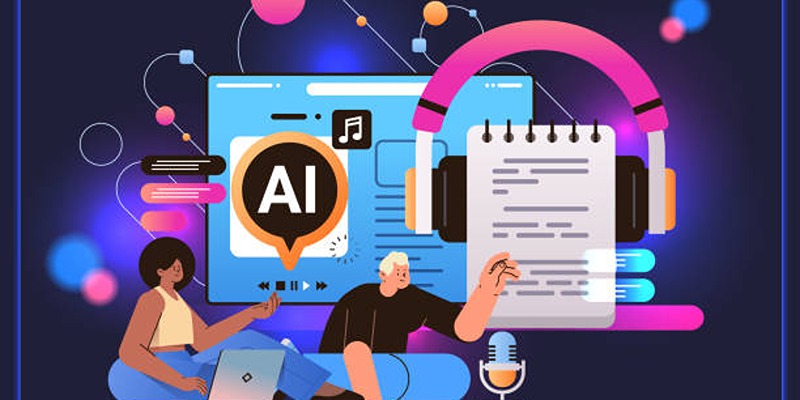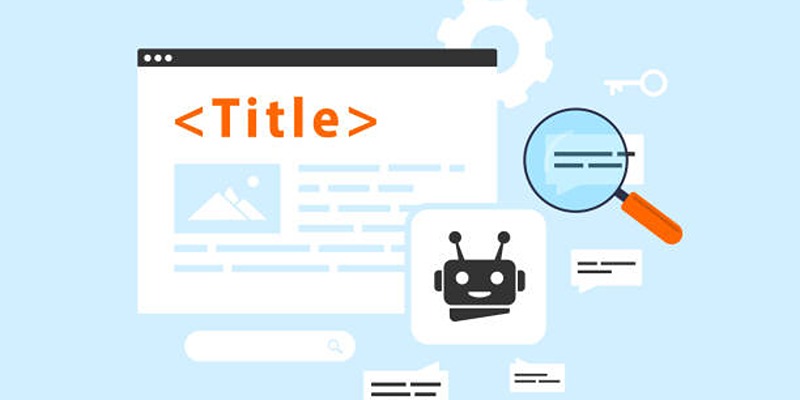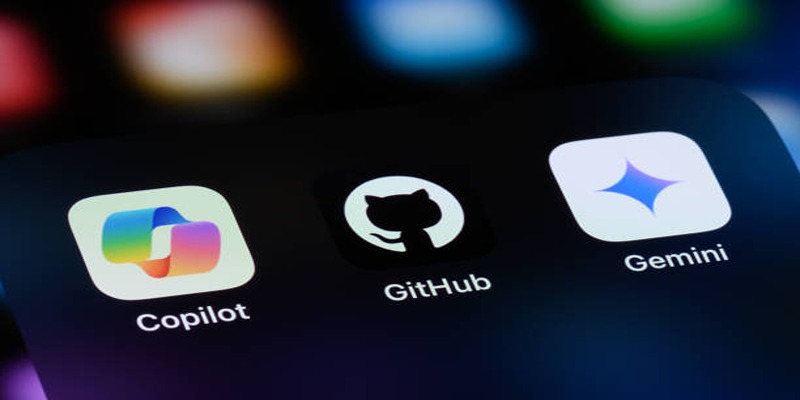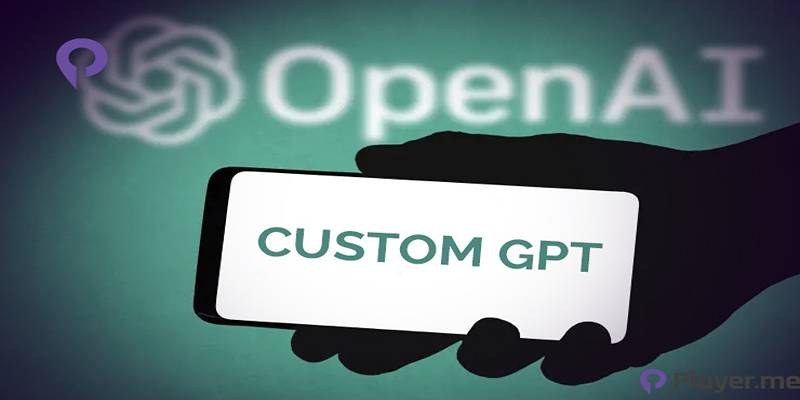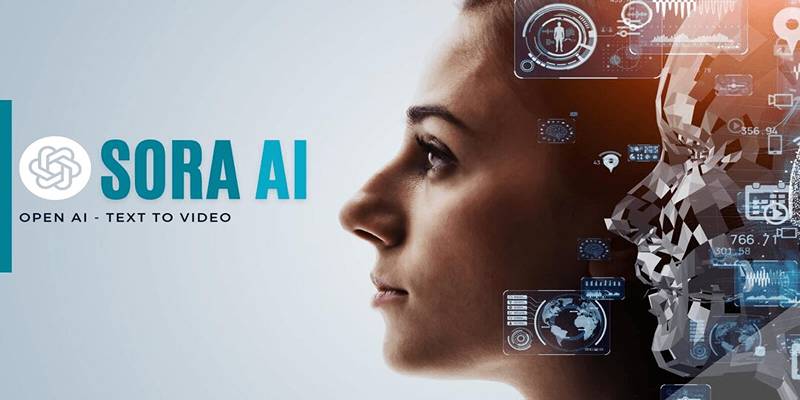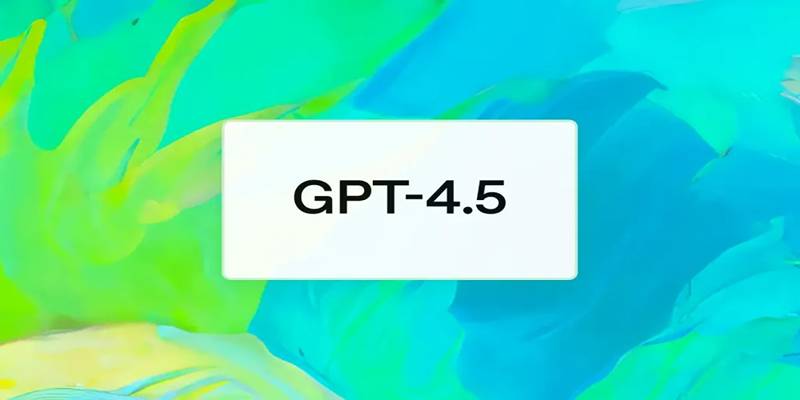For years, Google was the go-to gateway for information. Whether someone needed a quick fact, a tutorial, product comparisons, or even answers to life’s most random questions, they’d instinctively turn to the search engine. It had become deeply ingrained in everyday digital behavior. But lately, many users are finding themselves drifting away from Google—not because it’s broken, but because there’s something that fits their needs better: ChatGPT.
While Google still dominates in areas like maps, local listings, and breaking news, users increasingly lean toward ChatGPT for general information, research assistance, and task-related support. This shift isn't accidental. It represents a broader transformation in how people interact with the internet and expect answers from it.
Google Offers Pages—ChatGPT Offers Conversations
The fundamental difference lies in delivery. Google presents a list of web pages and relies on the user to do the digging. It functions as a sophisticated librarian—curating, indexing, and ranking websites based on algorithms, popularity, and paid placements. In contrast, ChatGPT acts more like a knowledgeable assistant who reads the books and gives an immediate, summarized answer tailored to the question.
Instead of scanning ten blue links, dodging pop-ups, and filtering through SEO-heavy content, users of ChatGPT receive direct responses. It saves time, reduces cognitive load, and eliminates the frustration that comes with poor search result relevance.
Efficiency That Reshapes Habits
Time-saving is one of the main reasons users are making the switch. A task that could take 10 to 15 minutes using Google—such as comparing the pros and cons of two services, drafting a letter, or understanding a complex topic—can often be completed in one or two prompts through ChatGPT.
For instance, rather than searching “How to make a professional resume,” clicking through multiple sites, and manually combining tips, users can instruct ChatGPT: “Create a professional resume based on this job role.” Within seconds, a formatted draft appears.
This reduction in effort and steps has led to ChatGPT slowly replacing habitual Google use, especially for tasks that involve synthesis, writing, summarizing, or ideation.
No More SEO Clutter and Ad Fatigue

Over time, Google search results have become increasingly optimized for marketing rather than pure information. Clicking a link often means encountering banners, affiliate links, cookie consent forms, and, in some cases, auto-playing videos or poorly designed mobile sites.
ChatGPT bypasses all of that. It has no incentive to sell, upsell, or track user behavior. There are no ads. No pop-ups. No sponsored results. Users ask, and it answers—cleanly and clearly.
The difference may seem small on the surface, but over weeks and months of regular use, it results in a remarkably more pleasant experience.
Contextual Understanding and Follow-Up
Another area where ChatGPT outperforms Google is in the flow of a conversation. If a user asks Google, “How does compound interest work?” and then follows up with, “How can I use that for retirement planning?” Google treats the second question in isolation.
ChatGPT, however, remembers the context. It understands that the follow-up relates to the original discussion about compound interest. It creates a fluid, dynamic exchange, almost like speaking with a financial advisor or teacher. It mimics human interaction far more closely than any search engine can.
Personalization Without Surveillance
Users often find that ChatGPT feels “tailored” to their tone and preferences. Unlike Google, which relies heavily on cookies, browsing history, and search profiles to personalize results (often raising privacy concerns), ChatGPT adapts more conversationally.
It doesn't require access to a user's email or search habits to deliver relevant responses. Over time, especially with features like memory and custom instructions, it can remember preferences about tone, length, format, and even writing style—without tracking personal data. It creates a sense of personalization without the baggage of surveillance.
More Than Just Answers: Real Problem Solving
Beyond factual lookups, ChatGPT handles problem-solving tasks with impressive depth. Whether it's troubleshooting a software issue, generating code snippets, creating meal plans based on dietary needs, or outlining fitness routines—ChatGPT doesn't just tell users where to go. It tells them what to do.
For example, asking Google, “What to eat if I’m iron deficient?” brings up blog posts, medical articles, and endless scrolling. ChatGPT, however, lists iron-rich foods, meal suggestions, and even vegetarian options—all in one place, written in plain English, and structured in a readable format.
A Creative and Academic Edge
ChatGPT goes beyond just answering questions—it assists in creating new content. Need a blog post idea? A birthday poem? A summary of a 20-page document? Google isn’t built for that. Users can search “how to summarize a document,” but they’ll still be left doing the work.
ChatGPT, on the other hand, executes the task. It generates the blog post, writes the poem, and condenses the document—all within seconds. It makes it especially useful for students, marketers, writers, educators, and entrepreneurs who regularly need to ideate, write, or research. In this sense, ChatGPT becomes a multi-tool—part search engine, part writing assistant, and part brainstorming partner.
Better at Handling Complex, Multistep Queries

Another reason users are turning to ChatGPT over Google is its ability to handle complex, multistep tasks within a single conversation. When using Google, users often have to break their questions down into smaller parts and perform multiple separate searches—each one leading to different pages, explanations, or resources.
ChatGPT simplifies that process. A user can ask, “How do I build a personal website, write SEO-optimized content, and promote it on social media?” and receive a structured, end-to-end response. It outlines platforms to use, offers draft content, suggests keywords, and even recommends posting strategies—without needing to jump between ten different sites.
Conclusion
For decades, using Google was an unquestioned routine. But that routine is being challenged. Not because Google is obsolete, but because something better-suited for today’s needs has arrived. ChatGPT offers simplicity, speed, and utility that align with how modern users think and work.
So when users say, “I used to use Google for searches, but now use ChatGPT,” they’re not just talking about a tool. They’re talking about a smarter, more efficient way of engaging with knowledge—and it’s a change that’s here to stay.

